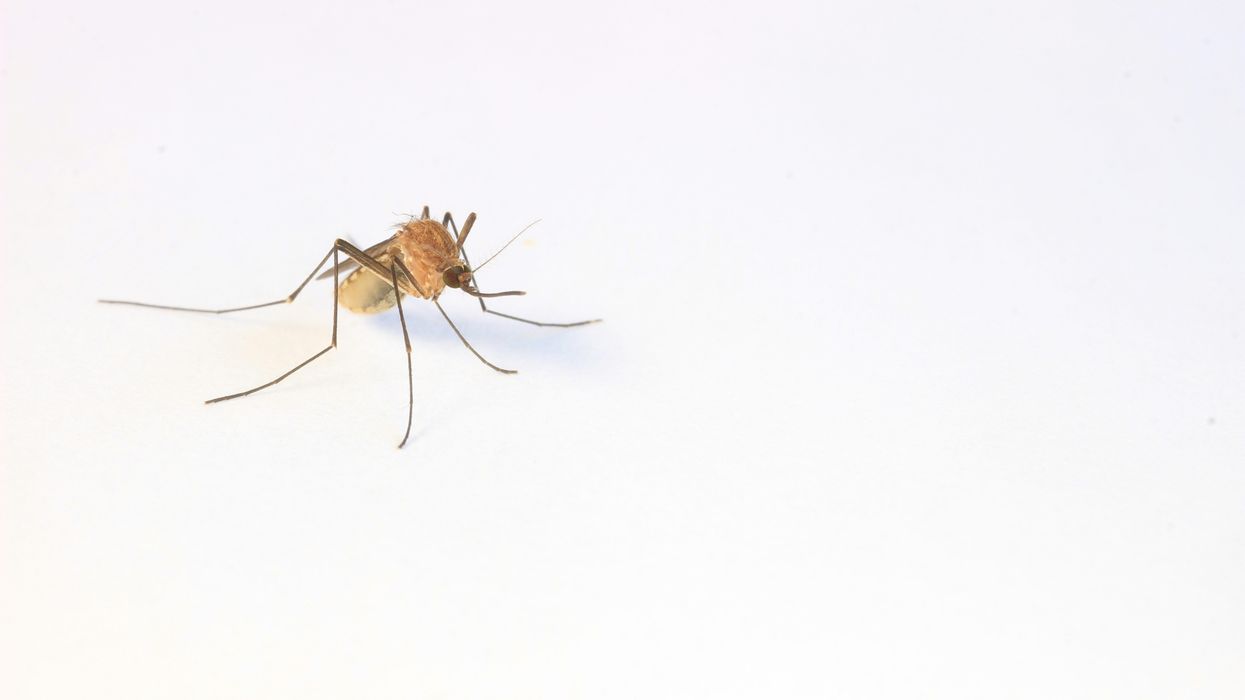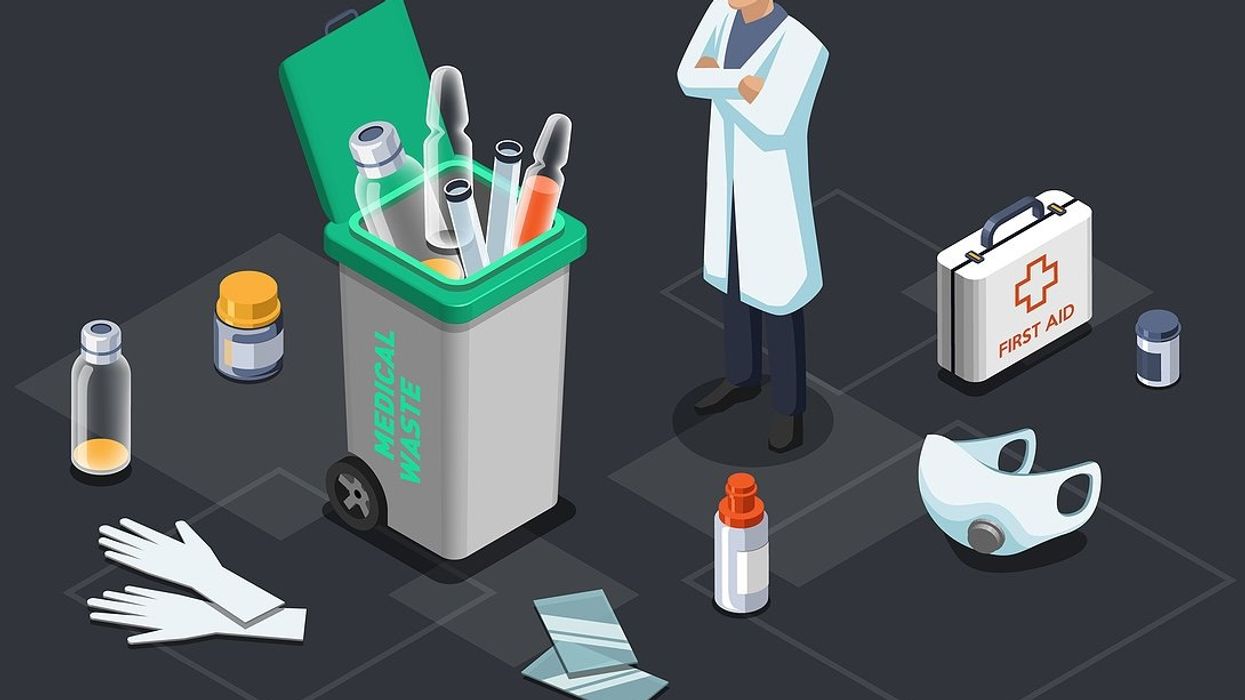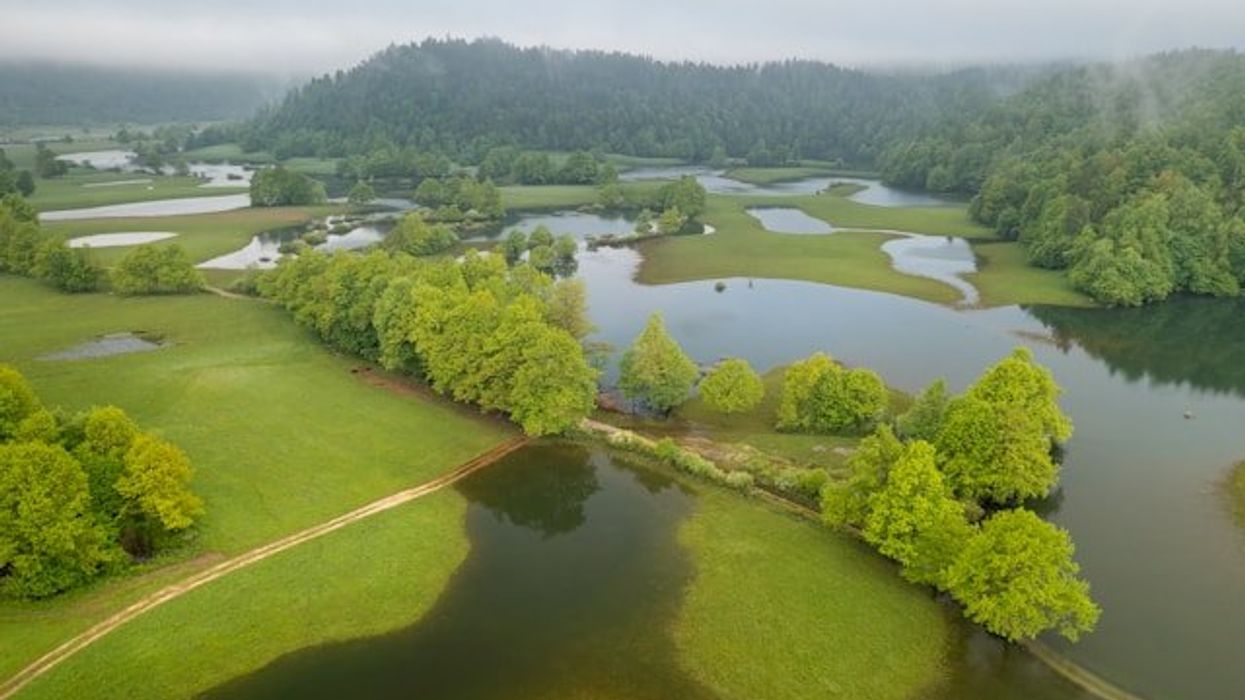Tiny plastic pellets, known as nurdles, have been found along England’s east coast after a collision between a tanker and a cargo ship in the North Sea last week, raising concerns about marine pollution.
Kevin Shoesmith reports for BBC.
In short:
- The Stena Immaculate tanker and the Solong cargo ship collided off East Yorkshire, causing an explosion and fire; one crew member is missing and presumed dead.
- HM Coastguard confirmed nurdles in the water and onshore between Old Hunstanton and Wells-next-the-Sea, with retrieval efforts underway.
- Conservation groups warn the pellets pose a risk to marine life, as fish and seabirds may ingest them.
Key quote:
“Fish and seabirds could mistake them for food, leading to starvation and serious health issues.”
— Calum Duncan, Marine Conservation Society
Why this matters:
Nurdles — tiny plastic pellets used as raw materials in manufacturing — have become a significant environmental threat, particularly to marine ecosystems. Though they are not inherently toxic, these lentil-sized pieces of plastic have an unfortunate tendency to act like sponges, soaking up harmful pollutants from the water. When marine animals mistake them for food, the consequences can be dire, introducing toxic chemicals into the food chain and leading to malnutrition or even death.
This latest incident underscores the persistent risks posed by plastic waste, particularly as it accumulates in fragile habitats. With plastic production continuing to rise, the challenge of preventing such spills — and cleaning up after them — remains an urgent concern for environmentalists and policymakers alike.
Related EHN coverage: Nurdlemania: Behind the climate crisis lurks the plastics crisis. Be ready















